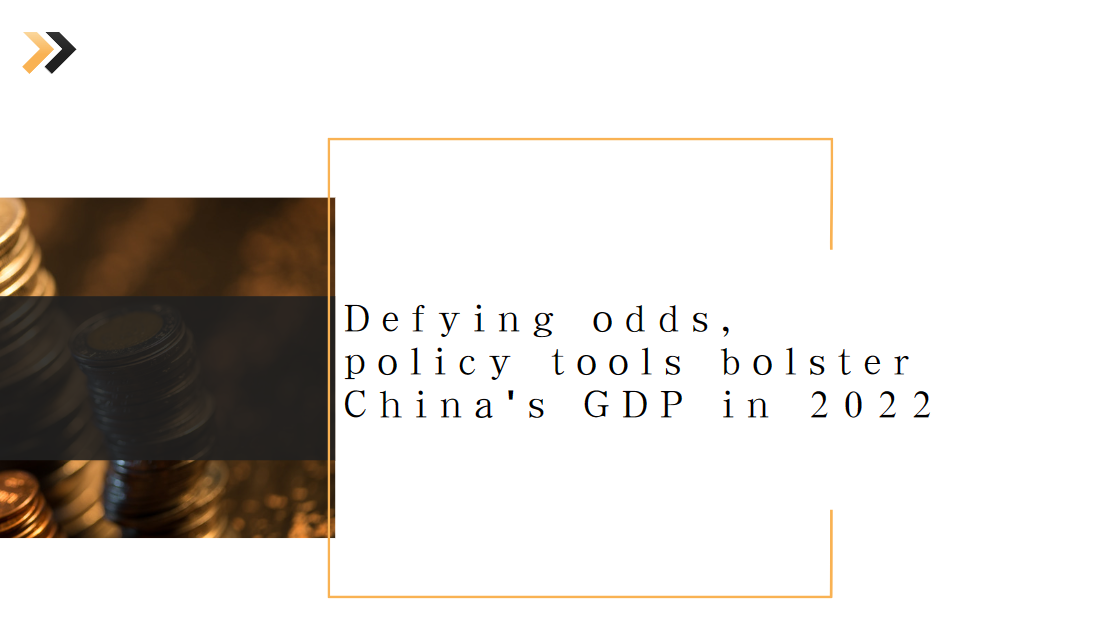Shanghai delegates focus on small biz
Their suggestions echo the statements in the Government Work Report released on Sunday, which called for encouragement for a thriving private sector, development of micro, small and medium-sized enterprises, and promotion of self-employed individuals.
Zhou Tongyu, a deputy to the National People's Congress and chairman of Shanghai-based conglomerate Weida Hi-Tech Holdings Ltd, suggested more support for the issuance of real estate investment trusts that have privately owned industrial parks as their underlying assets.
Similar to mutual funds, REITs allow investors to earn dividends from real estate investments in projects like offices, industrial parks or highways without having to buy or manage the projects.
Most of the currently available REITs are backed by State-owned enterprises. It is plausible that REITs require continued operation, construction and investment related to various property projects within the trust. These are the aspects that regulators tend to be more cautious about vis-a-vis such privately owned projects, Zhou said.
But the threshold for the scale of industrial parks should be lowered, with more attention directed to such parks' growth prospects and profitability. Supportive documents should be drafted and the Shanghai Stock Exchange may also take the lead to allow the trading of such privately backed REITs, she said.
"As important platforms for the real economy and industrial development, industrial parks are conducive to the rapid development of micro and small-sized enterprises as well as advancing China's high-quality economic growth. Industrial parks have also helped to build a healthier industrial ecosystem within a certain area, making due contributions to technological innovation and urban construction," Zhou added.
Zhu Jiandi, an NPC deputy and chairman of accounting firm BDO in China, suggested that the credit rating system for technologically advanced SMEs should be innovated to address the long-term financing difficulties confronting these companies.
Most of these technology-focused SMEs need huge input in terms of talent and capital during early stages. But their tangible assets are quite limited, making it difficult for them to meet loan requirements established by commercial banks, Zhu said.
Therefore, the credit rating system for SMEs should be differentiated from larger ones by simplifying the indicators and attaching more importance to the SMEs' actual management, he added.
Although the private sector has grown into an important engine for China's economic growth, it should be noted that privately owned companies' investment willingness is relatively low at present, mainly affected by market uncertainties incurred by COVID-19 over the past three years, said Yu Ruifen, a member of the 14th National Committee of the Chinese People's Political Consultative Conference and president of snacks chain Lyfen.
In this sense, more efforts should be made to address the financing challenges faced by these companies. Reductions or exemptions of social security contributions, or government subsidies provided to stabilize employment — suggestions which have been widely proposed by business owners — can be considered amid attempts to help consolidate business confidence.
Ding Zuohong, a member of the 14th CPPCC National Committee and chairman of furniture retailer Yuexing Group, said that efforts of self-employed individuals should be encouraged as they serve as the "capillaries" of China's industrial and supply chains. Continued efforts should be made to cut or postpone payments of certain taxes or fees.





















































First, please LoginComment After ~